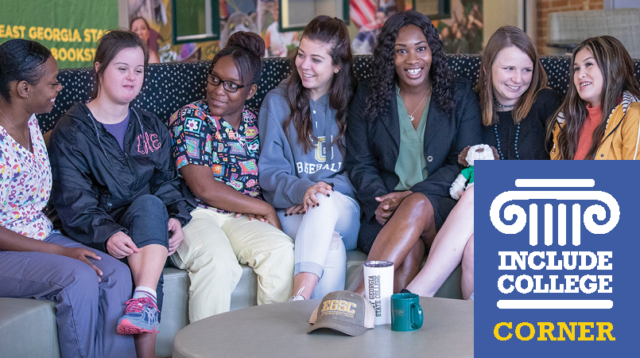Theresa Davis retired from her position as a special education instructor and high school transition coordinator after more than a decade, but she chose to continue working with young adults with disabilities who wanted to attend college after high school.
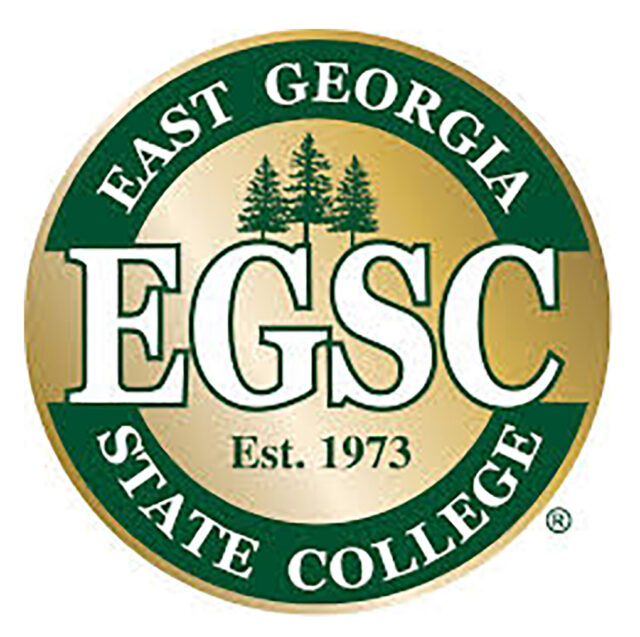
Davis, who has 35 years in education, now serves as the director of the Creating Higher Education Opportunities to Increase College Experiences (CHOICE) program at East Georgia State College (EGSC). CHOICE is an inclusive certification program for students with intellectual or developmental disabilities pursuing their next steps.
Since the 1970s, EGSC in Swainsboro, GA has been a two-year, broad-access institution, meaning it accepts a large majority of applicants. Today, the college has over 3,000 students, two additional campus locations and a new student center.
CHOICE is an inclusive post-secondary education (IPSE) program, one of nine in the state. Ultimately, students in the program work toward a Certificate of Accomplishment in Work Readiness Skills, and participate in job-shadowing or internships before they graduate.
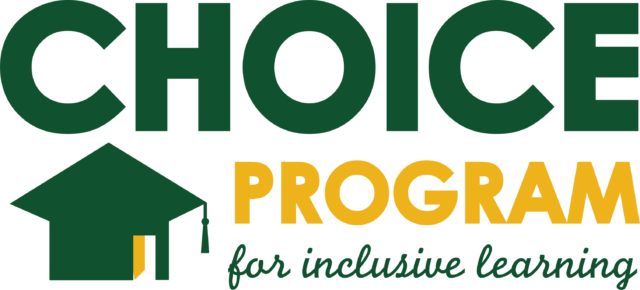
The program has been designated by the US Department of Education (DOE ) as a Comprehensive Transition Program (CTP). To be recognized by the DOE under federal law, CTP programs are required to meet a level of rigor, and they must be at least 50 percent inclusive. Davis says students in the CHOICE program spend approximately 80 percent of their time in inclusive settings. CTP status allows students to apply for financial aid to attend.
The CHOICE program’s motto is “education with a personal touch,” and students provide input on their futures through person-centered planning. Along with a variety of resources and support, students are able to select classes in which they are interested over the course of four semesters, while learning and adjusting in a small-town community. Davis herself also co-teaches inclusive courses at EGSC.
“I’m there as moral support for our students, but also to lend that extra level of instruction, because what we find is that our students aren’t the only ones who struggle,” Davis said. “And many times, our students are the ones who have the confidence to say, ‘You want me to help you with that?’ And it could be a disc golf frisbee throw, or a public speaking assignment, or a word search for anatomy and physiology … other students benefit from our students being on campus.”
Before the COVID-19 pandemic, the CHOICE program had 22 students, its largest cohort to date. Last May, four students graduated from the program and participated in the school’s virtual ceremony. This semester, seven students are enrolled, where they’ll work with Davis and two peer mentors.
Davis says the program benefits from institutional support and notes the benefits of working alongside the school’s staff and student body. She also says state funding has a direct impact on the program’s ability to positively impact young adults and those around them.
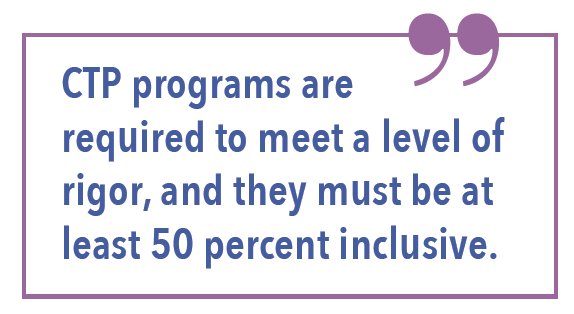 “Every single dollar is spent towards the advancement of a student who will go into our community, into their respective communities, and make a difference employment-wise,” Davis said she would tell her legislator. “It makes a difference.”
“Every single dollar is spent towards the advancement of a student who will go into our community, into their respective communities, and make a difference employment-wise,” Davis said she would tell her legislator. “It makes a difference.”
The transition out of high school is a major milestone, but Davis says no one stops going through transitions – and they never stop growing.
“We’ve got evidence from all of our IPSE programs, that the students do benefit from being on a college campus, totally inclusive, and making a life for themselves,” said Davis. “It gives them that extra time to get it all together. Just like we need it, no different.”
